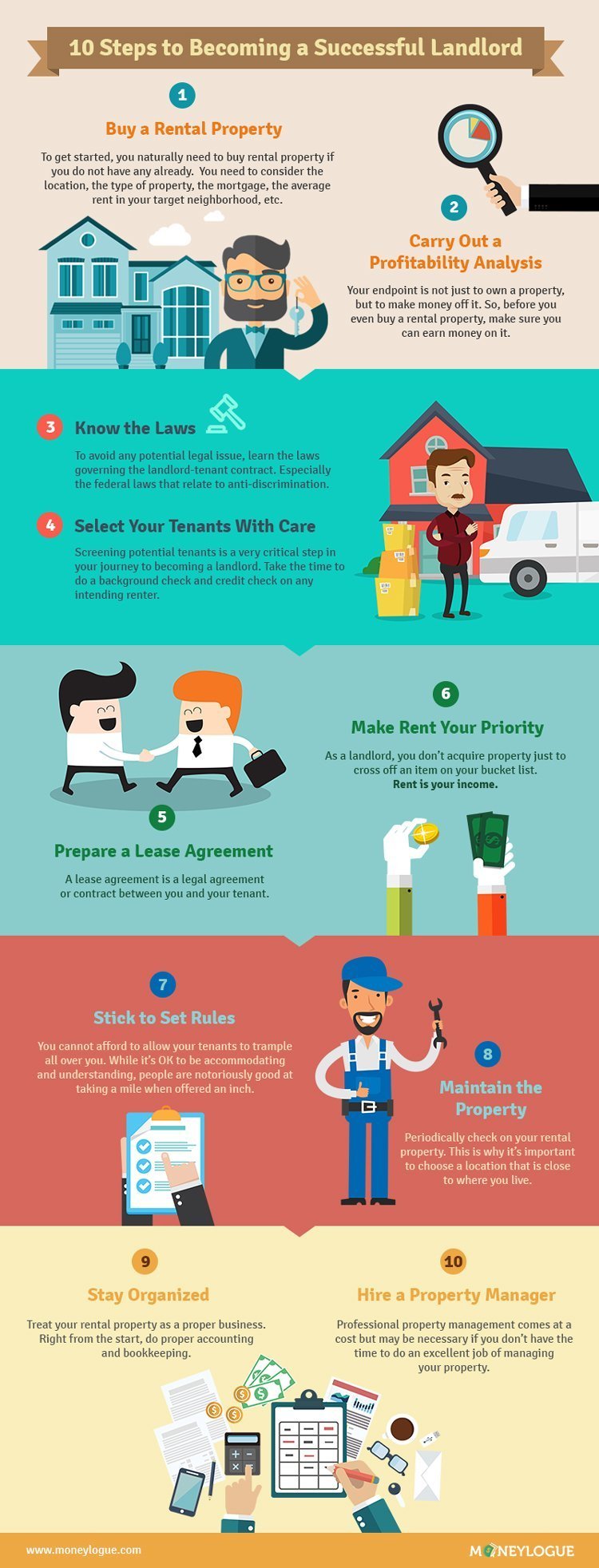
California Department of Real Estate has many exam dates. These vary from region to region. DRE approves applicants and allows them to schedule exams at the most convenient time. Sometimes it can take weeks to get approval. Then you will be able schedule your exam.
How to choose the right course and prep tools for your California real estate license
A 135-hour training course is required to become licensed in California as a real estate agent. Many courses are available online. Each course includes flashcards, practice exams, and study materials to help prepare you for the exam. Many courses offer a guarantee that your exam will be passed the first time you attempt it.
Allied offers one among the best exam prep programs. This program provides study support and study strategies to help you get past the test. You will be able to master key concepts and terminology in the California real-estate exam with their comprehensive package, which includes eBook dictionary, exam prep and digital flashcards.
The Exam is a 150-question, 3-hour test. Passing is possible only with a minimum score 70%

The exam is offered at several locations throughout the state. You will need to confirm your exam date, and then find a location that meets your scheduling requirements on the DRE’s online licensing system.
You have many options to prepare for the California Real Estate Exam. Some providers offer additional features, such as live webinars and study session.
Kaplan offers a free trial and a discounted rate for some courses. This is a great opportunity to find out if the course suits you.
Colibri Real Estate is another great choice for exam prep courses. They offer real estate practice exams and flashcards and are based on the state's prelicensing curriculum. You can also access a video tutorial covering the entire prelicensing curriculum from any computer connected to the internet.
Aceable Agent is a popular option for those who prefer an online-only study package. Their course is easy to use on any device, and it comes with a 94% licensure exam pass rate.

Real Estate School in California
The California real estate education process is pretty straightforward, and most of the time, you'll be ready to apply for your license within a few months. You'll need to apply online for your prelicensing certificate and submit the Live Scan fingerprint forms. Finally, pay the exam fees.
Aside from the prelicensing requirements, you'll also need to take 45 hours of continuing education every four years. Prelicensing and continuing education are offered by most real estate schools.
There are many books you can read to help prepare for the exam. These books will give you a wide range of information about the California real estate exam, and they will be useful for whichever level of study you're at.
FAQ
What are the most important aspects of buying a house?
The three most important factors when buying any type of home are location, price, and size. Location refers the area you desire to live. The price refers to the amount you are willing to pay for the property. Size refers to how much space you need.
What should you consider when investing in real estate?
First, ensure that you have enough cash to invest in real property. If you don’t save enough money, you will have to borrow money at a bank. Also, you need to make sure you don't get into debt. If you default on the loan, you won't be able to repay it.
You also need to make sure that you know how much you can spend on an investment property each month. This amount should cover all costs associated with the property, such as mortgage payments and insurance.
Also, make sure that you have a safe area to invest in property. It is best to live elsewhere while you look at properties.
What are the pros and cons of a fixed-rate loan?
Fixed-rate mortgages allow you to lock in the interest rate throughout the loan's term. This will ensure that there are no rising interest rates. Fixed-rate loans also come with lower payments because they're locked in for a set term.
What is the average time it takes to get a mortgage approval?
It all depends on your credit score, income level, and type of loan. It typically takes 30 days for a mortgage to be approved.
Is it better to buy or rent?
Renting is often cheaper than buying property. However, renting is usually cheaper than purchasing a home. The benefits of buying a house are not only obvious but also numerous. You will be able to have greater control over your life.
Statistics
- The FHA sets its desirable debt-to-income ratio at 43%. (fortunebuilders.com)
- Based on your credit scores and other financial details, your lender offers you a 3.5% interest rate on loan. (investopedia.com)
- 10 years ago, homeownership was nearly 70%. (fortunebuilders.com)
- Private mortgage insurance may be required for conventional loans when the borrower puts less than 20% down.4 FHA loans are mortgage loans issued by private lenders and backed by the federal government. (investopedia.com)
- Over the past year, mortgage rates have hovered between 3.9 and 4.5 percent—a less significant increase. (fortunebuilders.com)
External Links
How To
How to Manage a Rental Property
While renting your home can make you extra money, there are many things that you should think about before making the decision. This article will help you decide whether you want to rent your house and provide tips for managing a rental property.
Here are some things you should know if you're thinking of renting your house.
-
What are the first things I should consider? Before you decide if you want to rent out your house, take a look at your finances. If you have any debts such as credit card or mortgage bills, you might not be able pay for someone to live in the home while you are away. It is also important to review your budget. If you don't have enough money for your monthly expenses (rental, utilities, and insurance), it may be worth looking into your options. It may not be worth it.
-
How much does it cost for me to rent my house? Many factors go into calculating the amount you could charge for letting your home. These include things like location, size, features, condition, and even the season. Keep in mind that prices will vary depending upon where you live. So don't expect to find the same price everywhere. Rightmove estimates that the market average for renting a 1-bedroom flat in London costs around PS1,400 per monthly. This means that your home would be worth around PS2,800 per annum if it was rented out completely. This is a good amount, but you might make significantly less if you let only a portion of your home.
-
Is it worth it. You should always take risks when doing something new. But, if it increases your income, why not try it? Be sure to fully understand what you are signing before you sign anything. Renting your home won't just mean spending more time away from your family; you'll also need to keep up with maintenance costs, pay for repairs and keep the place clean. You should make sure that you have thoroughly considered all aspects before you sign on!
-
Are there any benefits? So now that you know how much it costs to rent out your home and you're confident that it's worth it, you'll need to think about the advantages. There are plenty of reasons to rent out your home: you could use the money to pay off debt, invest in a holiday, save for a rainy day, or simply enjoy having a break from your everyday life. Whatever you choose, it's likely to be better than working every day. If you plan well, renting could become a full-time occupation.
-
How do I find tenants After you have made the decision to rent your property out, you need to market it properly. Listing your property online through websites like Rightmove or Zoopla is a good place to start. After potential tenants have contacted you, arrange an interview. This will help to assess their suitability for your home and confirm that they are financially stable.
-
How do I ensure I am covered? If you are worried about your home being empty, it is important to make sure you have adequate protection against fire, theft, and damage. You will need insurance for your home. This can be done through your landlord directly or with an agent. Your landlord will likely require you to add them on as additional insured. This is to ensure that your property is covered for any damages you cause. This doesn't apply to if you live abroad or if the landlord isn’t registered with UK insurances. In such cases you will need a registration with an international insurance.
-
Sometimes it can feel as though you don’t have the money to spend all day looking at tenants, especially if there are no other jobs. You must put your best foot forward when advertising property. A professional-looking website is essential. You can also post ads online in local newspapers or magazines. Additionally, you'll need to fill out an application and provide references. Some people prefer to do everything themselves while others hire agents who will take care of all the details. In either case, be prepared to answer any questions that may arise during interviews.
-
What happens once I find my tenant If you have a lease in place, you'll need to inform your tenant of changes, such as moving dates. Otherwise, you can negotiate the length of stay, deposit, and other details. It's important to remember that while you may get paid once the tenancy is complete, you still need to pay for things like utilities, so don't forget to factor this into your budget.
-
How do I collect my rent? When it comes time for you to collect your rent, check to see if the tenant has paid. You'll need remind them about their obligations if they have not. You can subtract any outstanding rent payments before sending them a final check. You can call the police if you are having trouble getting hold of your tenant. They will not normally expel someone unless there has been a breach of contract. However, they can issue warrants if necessary.
-
How can I avoid potential problems? Renting out your house can make you a lot of money, but it's also important to stay safe. Make sure you have carbon monoxide detectors installed and security cameras installed. Make sure your neighbors have given you permission to leave your property unlocked overnight and that you have enough insurance. Finally, you should never let strangers into your house, even if they say they're moving in next door.